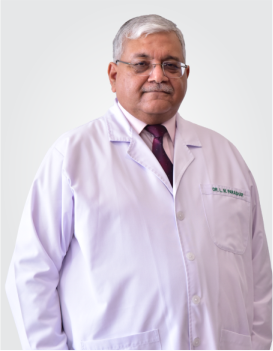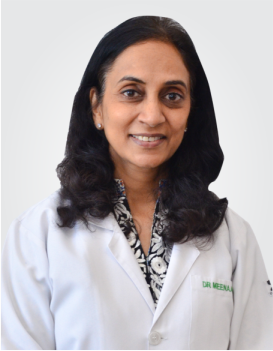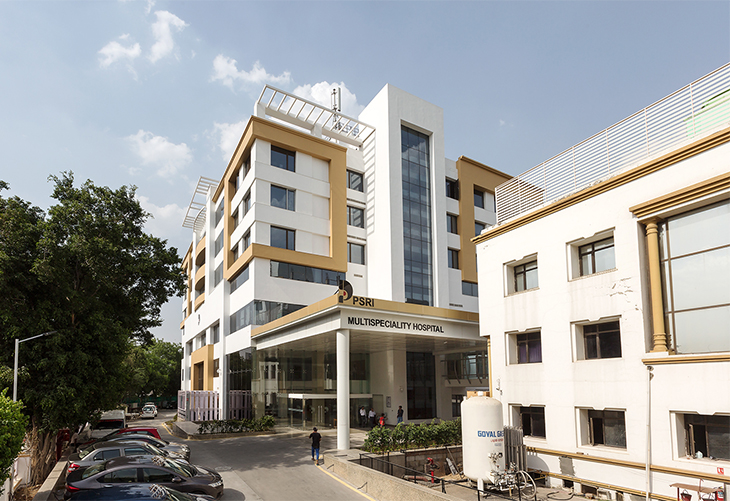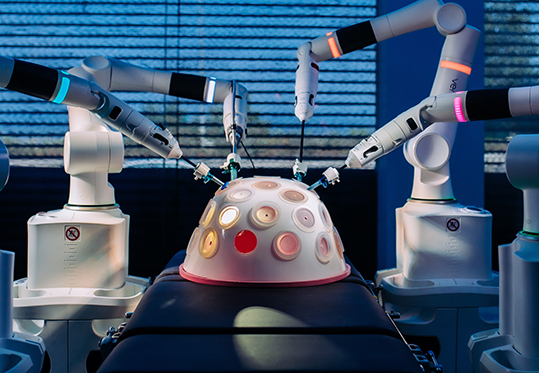
Hon. Sr. Consultant
35+ Years
MBBS
MS (ORL)
ENT

Hon. Senior Consultant (ENT)
28+ Years
MBBS
D.L.O
DNB (oto-Rhino-Laryngology)
ENT
Known as the best ENT doctor in Delhi NCR, our team of highly skilled doctors is renowned for delivering personalized and effective treatments for a wide range of ENT conditions. With an unwavering commitment to providing comprehensive care, we specialize in addressing diverse ENT ailments, including:

You may be required to see an ENT Doctor if you experience symptoms such as:

At PSRI Hospital, the Department of ENT, Head & Neck Surgery offers a comprehensive range of services, encompassing outpatient consultations, emergency care, surgical interventions, and critical care support, all facilitated by cutting-edge technology. Our department is filled with highly talented medical professionals who excel in evaluating, diagnosing, and successfully managing all ENT and head and neck region ailments.
Renowned as the hospital with a team of the best ENT doctor in Delhi NCR, we collaborate with a multidisciplinary team of experts to provide transparent and holistic care to numerous patients annually. Combining profound knowledge, unparalleled expertise, and genuine empathy, we, as the leading ENT hospital in Delhi, are dedicated to restoring your quality of life.
Ear surgeries can help revive hearing, reduce pain, and enhance the quality of life for those suffering from various ear-related conditions. Our top ENT specialist in Delhi are well-versed in performing surgeries such as:
Nose surgeries, also known as rhinoplasties, are cosmetic or reconstructive processes developed to adjust the size, shape, or function of the nose. These surgeries can improve facial symmetry and enhance breathing, among other advantages. Surgeries include:
Throat surgeries are processes to treat different conditions related to the throat, including cancer, sleep apnea, and swallowing conditions. These surgeries may involve the removal of tissue, reconstruction of structures, or the use of minimally invasive techniques. Surgeries performed by our best ENT doctor in Delhi are:
Head and neck surgeries contain many processes that diagnose and treat conditions involving the structures in the head and neck region, including the ears, nose, throat, mouth, and surrounding tissues. Some surgeries are:
ENT (Ear, Nose, and Throat) surgeries can be accomplished using various techniques depending on the type of procedure needed. Some surgeries may be conducted using endoscopic techniques, while others may need standard open surgery. The surgeon may use general anaesthesia or local anaesthesia with sedation, and the surgical approach will depend on the afflicted region and intensity. Your surgeon will choose the most appropriate surgical method for your particular case.
The symptoms of sinusitis can vary but usually include facial pain, headache, nasal congestion and discharge, problem breathing, fever, and fatigue. Patients may also experience a toothache, cough, sore throat, or bad breath. If you doubt you may have sinusitis, you must see a doctor for an accurate diagnosis and appropriate treatment.
The symptoms of ENT problems can vary depending on the specific situation. Still, they may have ear pain, hearing loss, tinnitus (ringing in the ears), dizziness, nasal congestion, postnasal drip, sore throat, hoarseness, problem swallowing, or differences in taste or smell. Other symptoms may include headaches, facial pain, and swelling or lumps in the head and neck area. See a top ENT specialist if you experience any of these symptoms to receive an accurate diagnosis and appropriate treatment.
Head and neck surgery is a specialised field that entails diagnosing and treating different diseases affecting the head and neck area, including the skull, face, neck, and throat. The surgeries can involve various techniques, such as removing tumours, rebuilding facial features, fixing injuries, and managing functional or cosmetic issues.
There are many methods to control or keep ear, nose, and throat (ENT) disorders from progressing. The most common ENT disorders are infections and allergies, and some genetic issues (like a deviated septum) can make you more prone to recurrent symptoms.
In case of emergency, please contact us directly at 84 84 84 84 17.